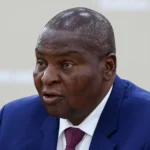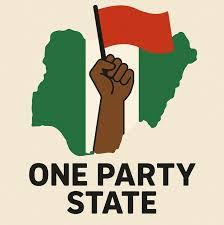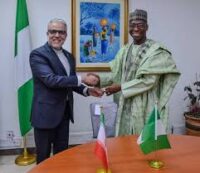With the 2027 general elections approaching, pressure is mounting on Nigeria’s lawmakers to deliver long-awaited electoral reforms that could shape the future of the country’s democracy. The Independent National Electoral Commission (INEC) and the European Union (EU) have both issued strong warnings that the window of opportunity for meaningful changes is closing rapidly, and failure to act could undermine public confidence in the credibility of the next polls.
Speaking at a high-level meeting in Abuja, INEC Chairman, Prof. Mahmood Yakubu, expressed deep concern over legislative delays, noting that the Commission had already submitted 142 detailed proposals to the National Assembly for consideration. He explained that while INEC had implemented several administrative recommendations within its own jurisdiction, most of the critical reforms required to strengthen transparency, accountability, and voter trust fall under the purview of lawmakers and other arms of government.
Yakubu highlighted that of the 23 recommendations presented by the European Union Election Observation Mission after the 2023 elections, more than 65 percent require direct action from Nigeria’s legislature, the executive, judiciary, political parties, and civil society stakeholders. He warned that the continued postponement of legislative decisions could disrupt INEC’s preparations and create logistical challenges that might compromise the smooth conduct of the 2027 elections.
The European Union’s Chief Observer, Barry Andrews, reinforced the call for urgent action, insisting that Nigeria cannot afford to take “half-measures” when it comes to electoral integrity. He stressed that electoral observation was never about external interference but about supporting Nigeria’s democracy, ensuring transparency in the electoral process, and guaranteeing that every vote counts. Andrews also raised concerns about judicial reforms and the timely publication of election results, both of which remain central to building public trust in the system.
The EU delegation, currently on a week-long mission in Nigeria, underscored that without decisive reforms, the 2027 general elections could be held under the same flawed framework that tainted previous polls with controversy, allegations of manipulation, and questions about fairness. Both INEC and the EU emphasized that electoral reform is not just a legislative exercise but a test of Nigeria’s political will to strengthen its democratic institutions.
As the countdown to 2027 accelerates, the urgency of reform has become clear. Stakeholders argue that only by addressing systemic loopholes in election laws, enhancing judicial independence, and ensuring credible result management can Nigeria safeguard its democracy and guarantee that the voice of the people truly determines the outcome of the next elections.














Leave a comment